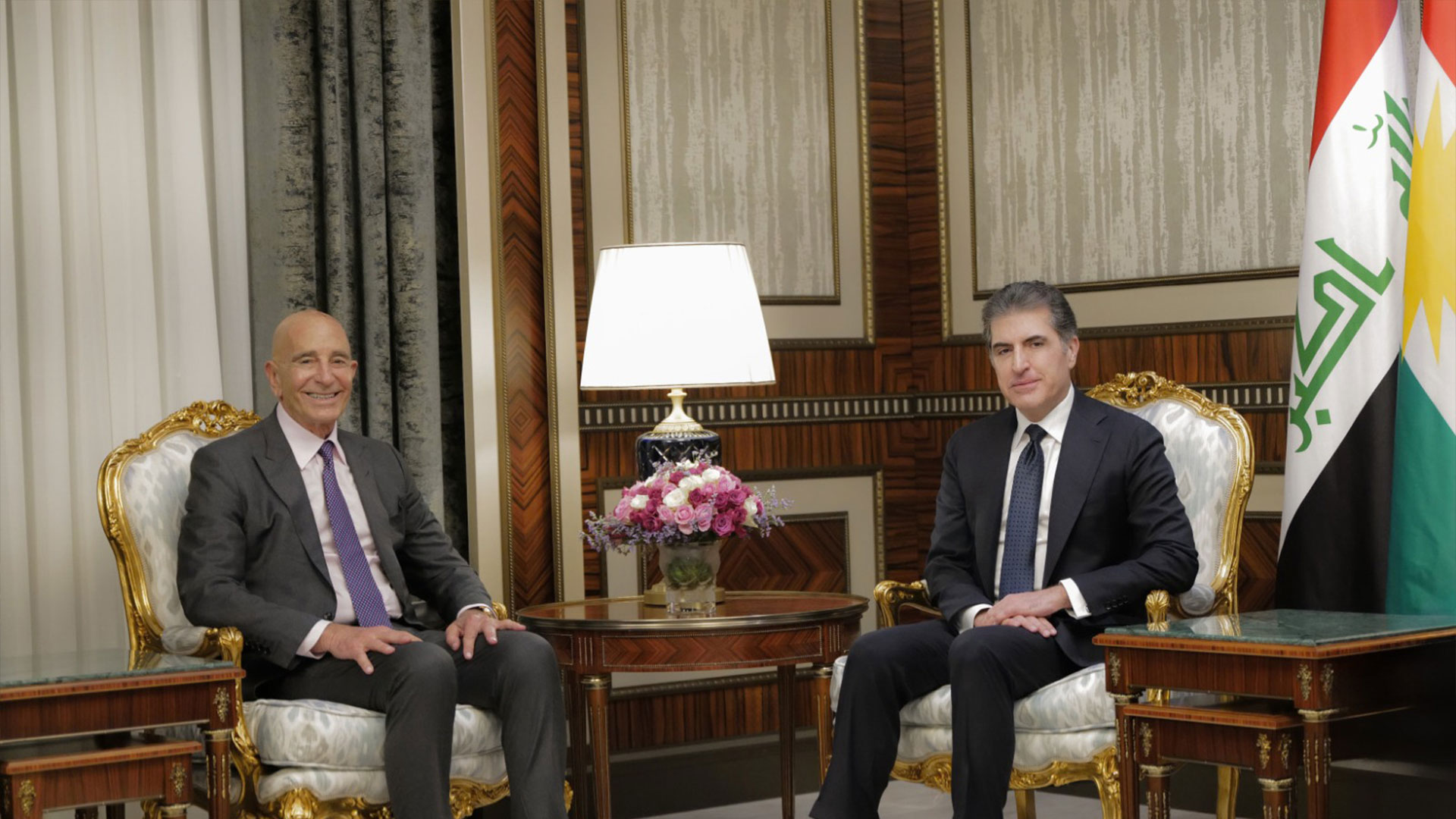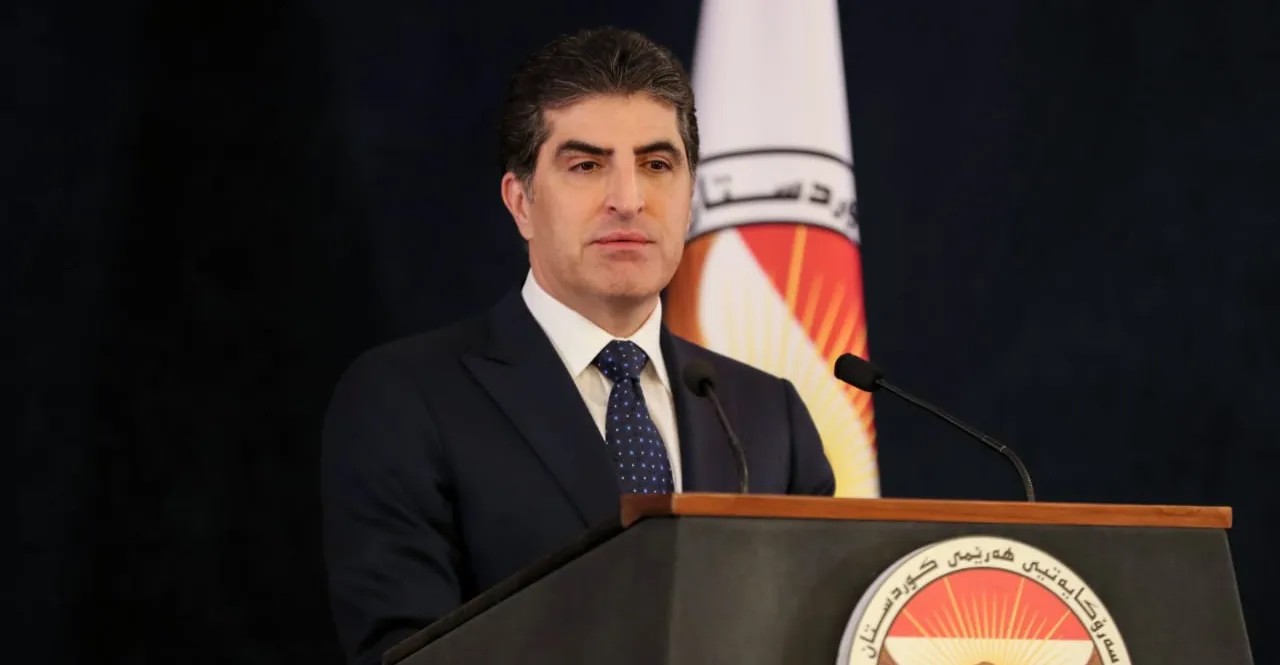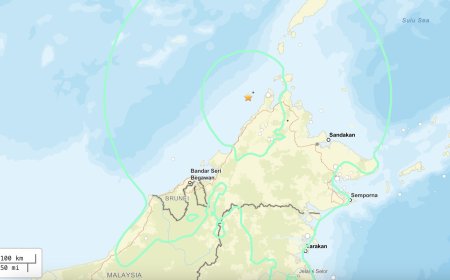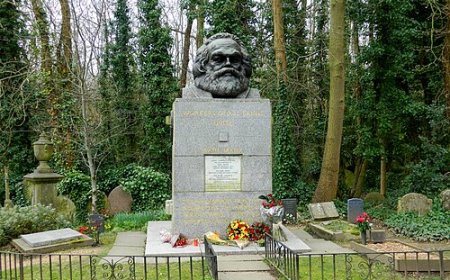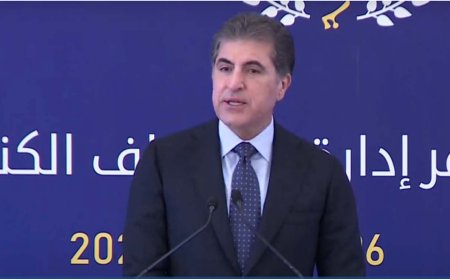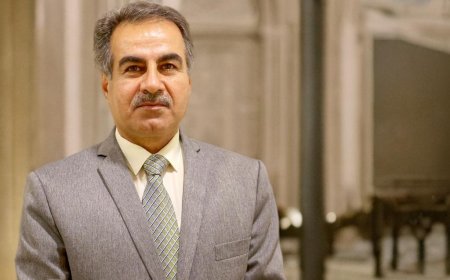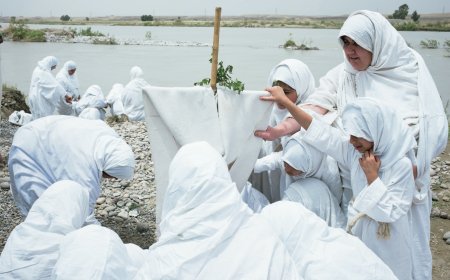Kurdistan Oil Talks Break Through – A Turning Point for Iraq
Assist. Prof. Dr. Seerwan Anwer Majeed
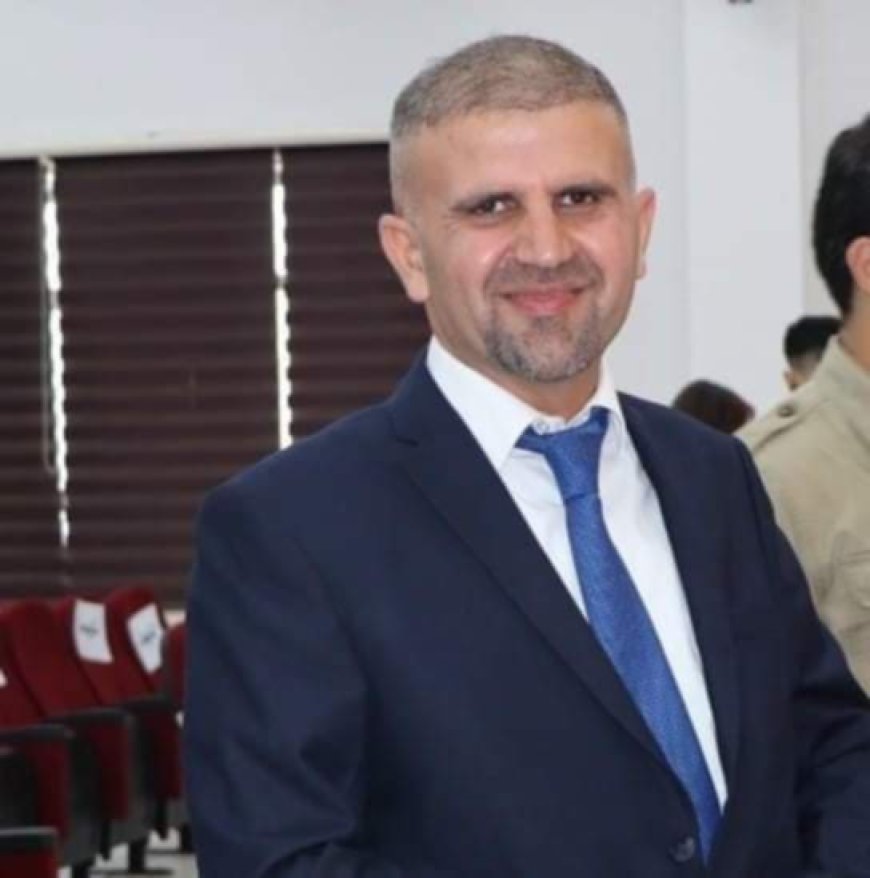
After more than a year of silence along the Kurdistan oil pipeline to Turkey’s Ceyhan port, Baghdad and Erbil have struck a breakthrough deal. The agreement, reached after months of high-stakes negotiations, is more than a domestic compromise—it is a political, economic, and media event with consequences well beyond Iraq’s borders.
The Long Shadow of 2023
The standoff began in March 2023, when the International Chamber of Commerce in Paris ruled that Turkey had breached a decades-old agreement by allowing Kurdistan to export crude independently. The ruling shut down a pipeline that once carried 400,000 barrels a day, depriving both the Kurdistan Region and federal Iraq of vital revenues.
The costs were stark: Iraq and Kurdistan together lost nearly $12 billion during the shutdown. International energy companies operating in the region faced losses of $2.5 billion. In Erbil, the crisis left 1.2 million public employees with salary delays stretching beyond three months.
The Bargaining Table
Talks revolved around three fault lines:
Why the Agreement Matters
The breakthrough is significant on three fronts:
The Wider Stakes
Energy is never just about economics in Iraq. This deal signals to Ankara, Western capitals, and international investors that Iraq can manage its internal disputes with negotiation rather than confrontation. For Kurdistan, it strengthens its position as a reliable energy partner. For Baghdad, it underlines central authority while avoiding financial collapse in the north.
A Pipeline as a Political Lifeline
The Ceyhan pipeline, once just an artery of crude, now carries the weight of political symbolism. Its reopening is a reminder that Iraq’s stability depends not only on security and governance but also on a functioning energy partnership between its federal government and autonomous regions.
The Message Going Forward
The success of these talks does not erase deeper constitutional disputes, nor the mistrust that lingers between Erbil and Baghdad. But it does mark a turning point. The oil deal shows that Iraq’s most divisive issues can be solved at the table, not on the streets.
For the Kurdistan Region, it is a lifeline. For Baghdad, a chance to reinforce sovereignty without suffocating autonomy. For the world, it is a sign that Iraq—one of OPEC’s largest producers—remains capable of compromise.
In a region where energy is inseparable from geopolitics, this agreement is not just about oil. It is about Iraq’s future.


